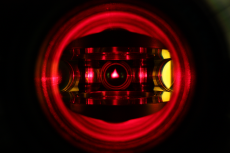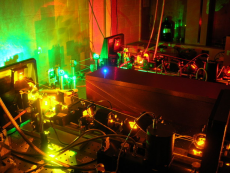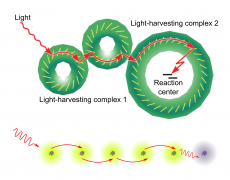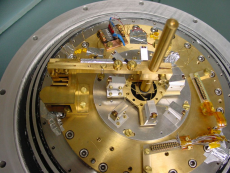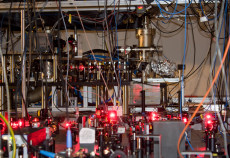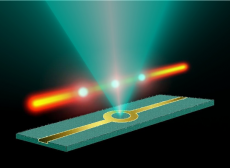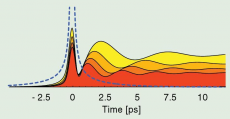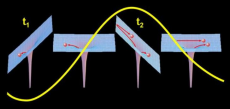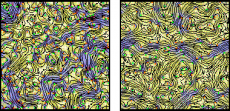CQD Special Seminars
2. October 2018 09:30
Seminarraum 2.403, Kirchhoff-Institut für Physik, INF 227Quantum butterfly effect in critical systems: instability vs. chaos
Benjamin Geiger
Theoretische Physik, Universität Regensburg
The investigation of the scrambling of information in interacting quantum systems has recently attracted a lot of attention as a manifestation of quantum chaos. To capture the effect, one can make use of the so-called out-of-time-ordered correlators (OTOCs) whose short-time behavior can be directly related to the instability of a corresponding classical chaotic system with characteristic sensitivity to initial conditions given by the Lyapunov exponent. We show that local instability of the mean-field dynamics can be sufficient to reproduce the short-time behavior of the OTOCs as expected for chaotic systems, where the classical stability exponent takes the role of the Lyapunov exponent. We further investigate the transition from integrability to chaos in a hallmark system. We find that the onset of chaos strongly affect the long-time behavior of the OTOC while the short-time behavior remains dominated by criticality.

